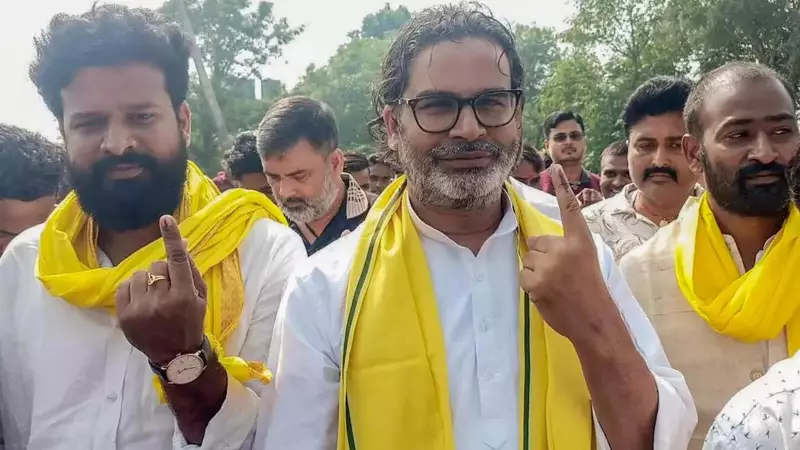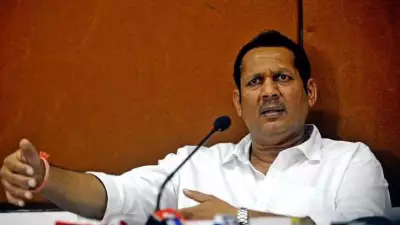
In a dramatic turn of events, renowned political strategist Prashant Kishor has suffered a spectacular defeat in his own political debut during the Bihar state elections. The mastermind behind numerous successful national campaigns found himself on the losing side when he entered the electoral fray directly.
From Kingmaker to Contestant
Prashant Kishor, who once scripted election victories for powerful leaders including Narendra Modi in 2014, Nitish Kumar in 2015, Amarinder Singh in 2017, and Mamata Banerjee in 2021, decided to test his own political fortunes. He launched the Jan Suraaj Party with ambitious plans to break Bihar's long-standing bipolar political pattern that has dominated the state for decades.
The strategist turned politician aimed his campaign directly at Bihar's 7.4 crore voters, promising them an alternative vision for the state's development and governance. His entry into active politics came exactly a decade after he began crafting winning strategies for other political leaders.
The Spectacular Failure
Despite his impressive track record as a political consultant, Kishor's direct plunge into politics ended in what observers are calling a spectacular failure. His Jan Suraaj Party failed to make any significant impact in the electoral battlefield, demonstrating the clear limitations faced by political start-ups in established democratic systems.
The disappointing performance highlights the significant gap between designing election strategies for others and successfully implementing them for oneself. Kishor, who had built his reputation as a master strategist capable of reading the public pulse, apparently misjudged the political landscape when he became the candidate rather than the consultant.
Lessons from a Political Setback
Political analysts are examining several factors that might have contributed to Kishor's failure. The established bipolar pattern in Bihar politics, dominated by two major alliances, proved too strong for a new entrant to break. Additionally, the transition from being a behind-the-scenes operator to a frontline politician presented challenges that even Kishor's expertise couldn't overcome.
The results serve as a stark reminder that electoral success requires more than just strategic planning. Ground-level organization, cadre strength, and emotional connect with voters play equally important roles in Indian politics, elements that a newly formed party typically struggles to develop quickly.
As the political landscape in Bihar remains unchanged despite Kishor's ambitious attempt, questions arise about the future of political start-ups and independent candidates in India's increasingly polarized electoral environment. The failure also puts a spotlight on whether professional strategists can successfully transition into mainstream politics without the backing of established political machinery.





